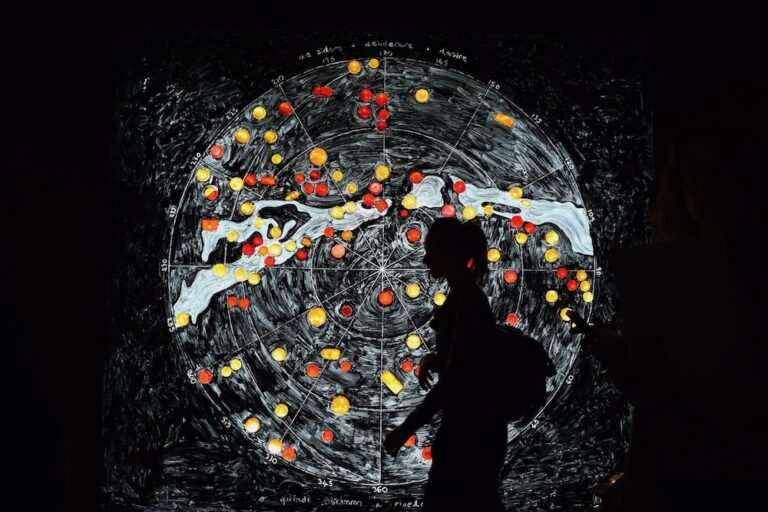(MEAA/IFEX) – The following is an MEAA press release: High Court decision undermines the public’s right to know The Media, Entertainment & Arts Alliance, the union that represents Australia’s media workers, is concerned that a decision in the High Court of Australia has failed to uphold the intent and purpose of Australia’s freedom of information […]
(MEAA/IFEX) – The following is an MEAA press release:
High Court decision undermines the public’s right to know
The Media, Entertainment & Arts Alliance, the union that represents Australia’s media workers, is concerned that a decision in the High Court of Australia has failed to uphold the intent and purpose of Australia’s freedom of information laws. The decision this morning in the case of Michael McKinnon versus the Treasury Department is a significant undermining of the principle of the public’s right to know.
The three-to-two decision said that the Freedom of Information editor Michael McKinnon for “The Australian” newspaper was not entitled to access certain documents under the Freedom of Information Act 1992.
The case centres on an Administrative Appeals Tribunal decision in 2004 that accepted federal Treasurer Peter Costello’s use of two conclusive certificates to block McKinnon’s access to Treasury documents under FoI. The Act allows federal government ministers to use “conclusive certificates” to protect documents – usually where the disclosure of a document will threaten national security or is against the public interest.
In McKinnon’s case, Costello used conclusive certificates to exempt documents relating to the impact of bracket creep on income tax cuts and a government grant – the First Home Buyers’ Scheme. It was argued that disclosing these documents would inhibit the Government’s ability to communicate openly with its ministers and staff, and could potentially confuse or mislead the public.
Mark Ryan, Alliance assistant federal secretary, says the High Court decision means that bureaucratic and governmental secrecy will continue to envelop freedom of information in Australia. “This decision by the High Court sets a dangerous precedent, giving ministers who seek to protect politically damaging documents a get-out-of-FoI-free card,” Ryan says.
The purpose of freedom of information legislation is to give citizens, and journalists, access to personal and government documents. However the legislation has provided several barriers for journalists seeking access to non-personal information and hiding the activities of government away from public scrutiny.
Lengthy time delays, excessive costs, extension of exempt document categories and passive resistance by some government departments have watered down the effectiveness of laws set in place to allow greater public scrutiny of decisions and actions by governments and the bureaucracy.
One purpose of creating the FoI legislation, according to section three of the Commonwealth Act, when it was first introduced in 1982, was to improve government decision-making by making it more accountable to the public it was affecting. Looking particularly at the McKinnon case and the cumulative effect of various flaws in the legislation, few could say this commendable aim has been fully realised.
“The High Court decision is a bitter blow to the principle of the public’s right to know how it is governed,” Ryan says. “There were no national security issues relating to McKinnon’s request – he was exercising a proper duty to examine how a lucrative government scheme was operating. In a democracy, the public clearly has an interest in determining how well the government and its bureaucracy are doing their job. But by hiding the operations of government behind conclusive certificates, democracy has been seriously damaged. The public’s right to know has been dangerously undermined by this precedent and the role of the journalist has been severely constrained.”


